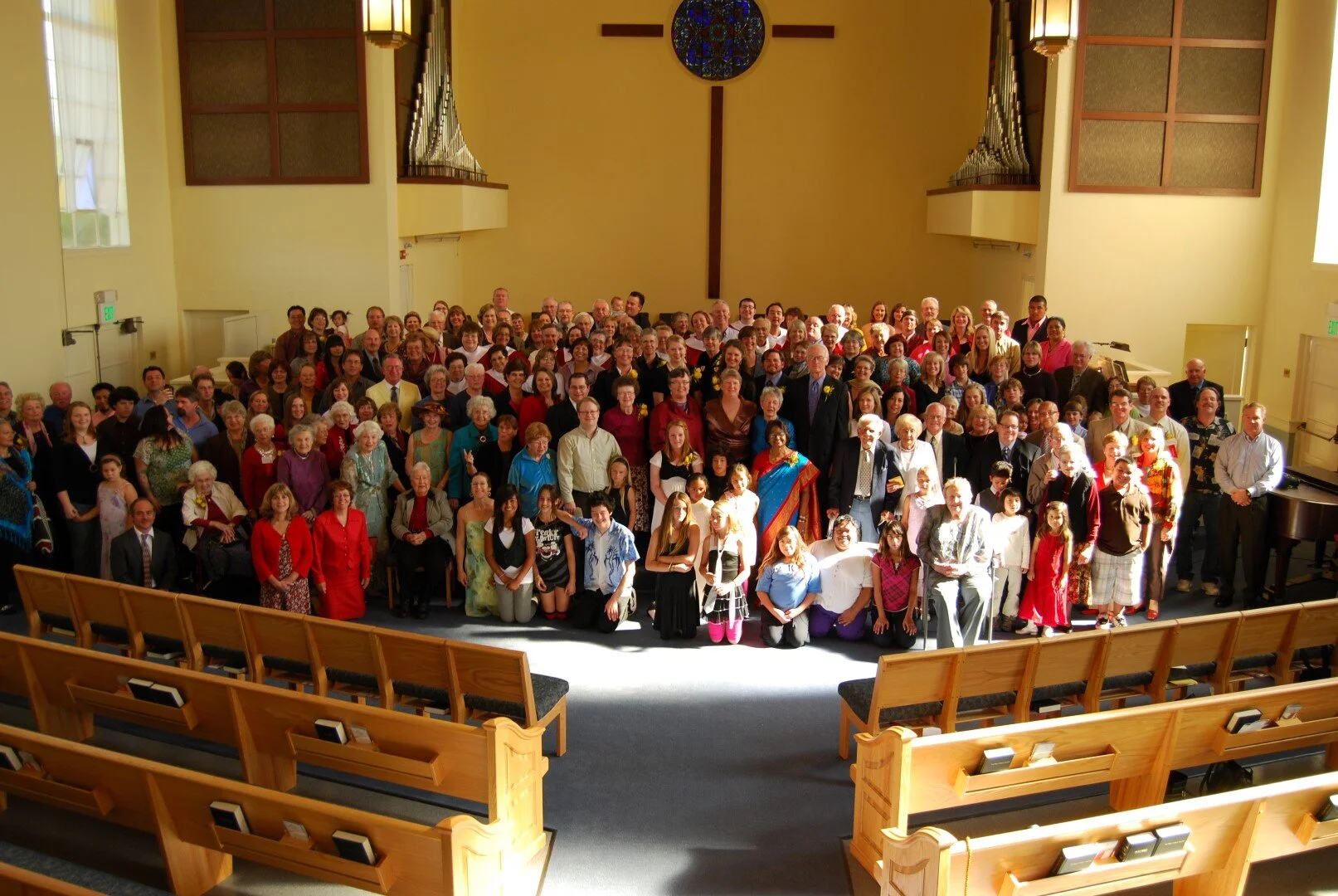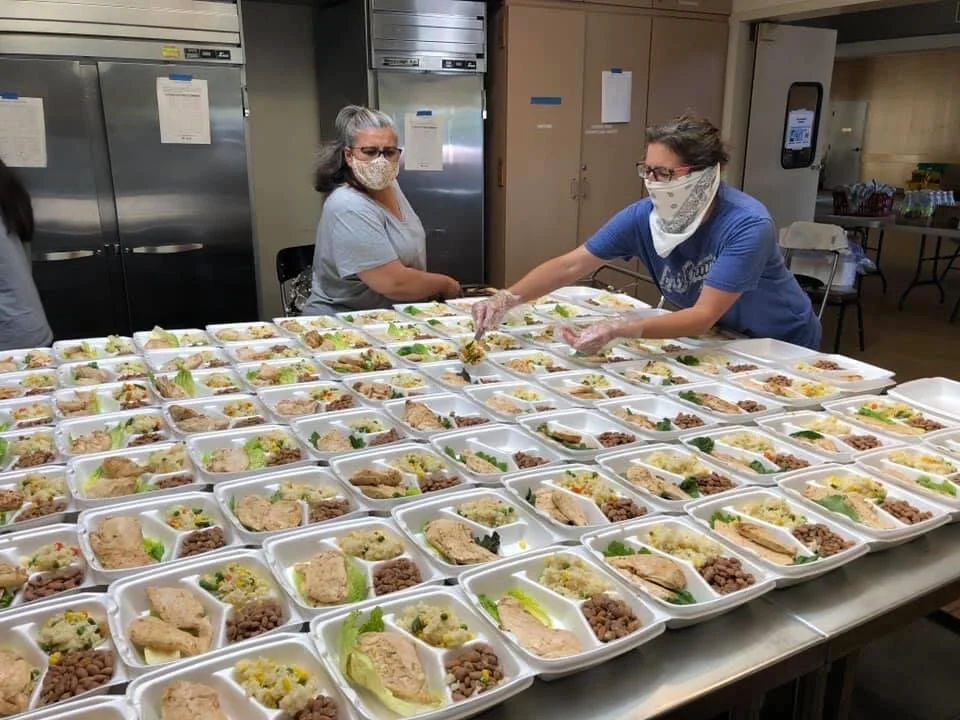Consider for a moment this modern case study of power, punishment, and mercy that is playing out in the State of Florida. You are probably aware that depending on what State you live in, committing a felony could result in a temporary or permanent suspension of your right to vote. You can also probably guess how that makes a person feel about their role in our system of government, where voting determines everything from the quality of the school your children attend to your very right to die. From 1838 to 2018, individuals convicted of felonies in Florida lost their right to vote for life. Completing their prison sentence, their parole, their probation was insufficient for restoring their fundamental right of citizenship.
Two years ago, Floridians passed a Constitutional amendment allowing felons, except those guilty of murder or sexual offense, to regain their voting rights after completing their sentence. It was estimated that 1.6 million people in Florida, roughly 8 to 10 percent of their population, would have their right to vote restored.
Then, one year ago, in 2019, the Florida State Legislature adopted legislation requiring ex-felons to pay all outstanding fees before regaining their right to vote or be punished for voting, thus creating statewide chaos and fear, as an estimated 774, 000 people sought to pay and register or simply gave up on seeking their restored rights either due to the complexity of tracking down those outstanding fees, lack of money, or fear of making another punishable error. Some claim that the Legislature’s action is blatant voter suppression, particularly aimed at black, Democratic voters, but I focus on it here as an example of how integral each of us are in public conversations about power, punishment, and mercy.
Read More




















